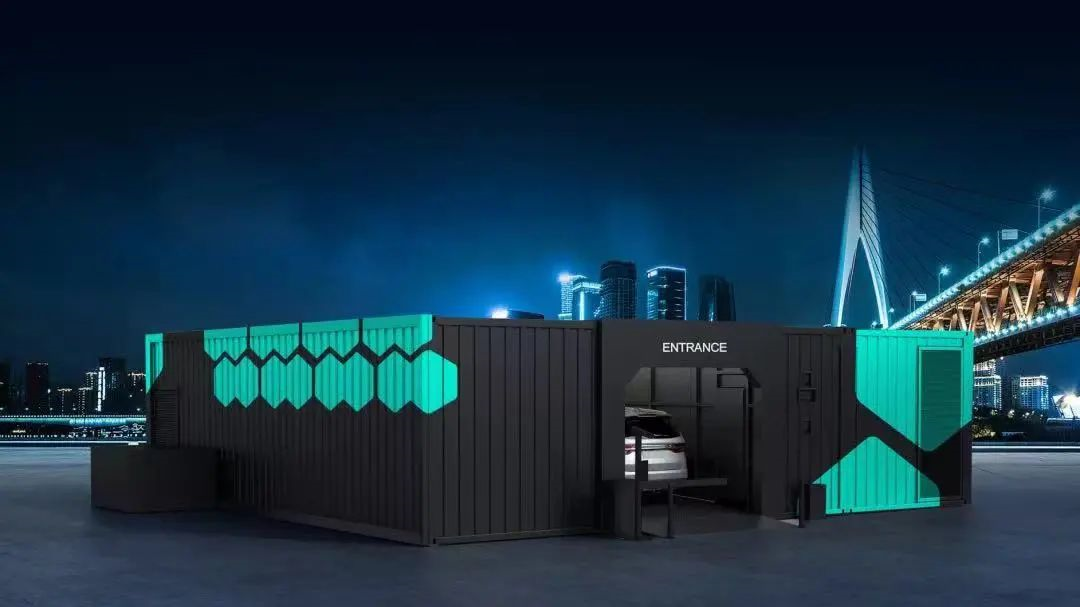Geely Holding’s chairman proposes greater efforts to build battery swap system
Shanghai (ZXZC)- Li Shufu, deputy to the National People's Congress and Chairman of Zhejiang Geely Holding Group (“Geely Holding”), made two proposals for this year's two sessions, one of which is about the construction of EV battery swapping system.
He said charging and battery swap have become two main power supply methods for electric vehicles (EVs). However, there had been only 1,192 battery swapping stations deployed in China by the end of 2021, which were much eclipsed by the charging network composed of 2.617 million charging piles.

Battery swap station of E-Energee, battery swap service brand of Geely Technology Group; photo credit: Geely Holding
Mr. Li noted the battery swap features advantages over the traditional charging mode in the efficiency of power replenishment and cost reduction. To be specific, a passenger vehicle (PV)'s battery can be exchanged for a fully charged one within only one to five minutes, which were greatly fewer than that of using a charging pole. Besides, the battery swapping model allows the separation of battery cost from the vehicle cost, resulting in a substantial purchase cost cut for EV consumers.
In addition, the popularization of the battery swap model in fields like the heavy-duty truck, taxi, and ride-hailing service can help significantly improve the vehicle operation efficiency, he added.
Nevertheless, amid the building of an ecosystem for the battery swap model, some issues related to supporting policies and industrial standards still need to be resolved. Thus, Li Shufu proposed stepping up the efforts to release clarified provisions about the construction of battery swap stations and the approval for granting lands.
Mr. Li also suggested that the government should optimize the catalogues, laws and regulations in relation to battery swappable vehicle models, and develop a certification system dedicated to battery swappable models that allows the certification of vehicles and batteries to be made separately.
Moreover, Mr. Li advocated greater endeavors to boost the standardization and normalization for the battery swapping model. He said the government should move faster on standardizing the hardware and software protocols of battery swapping interfaces, normalizing the formation and compatibility of battery swapping stations, and formulating standards for swappable battery packs.

